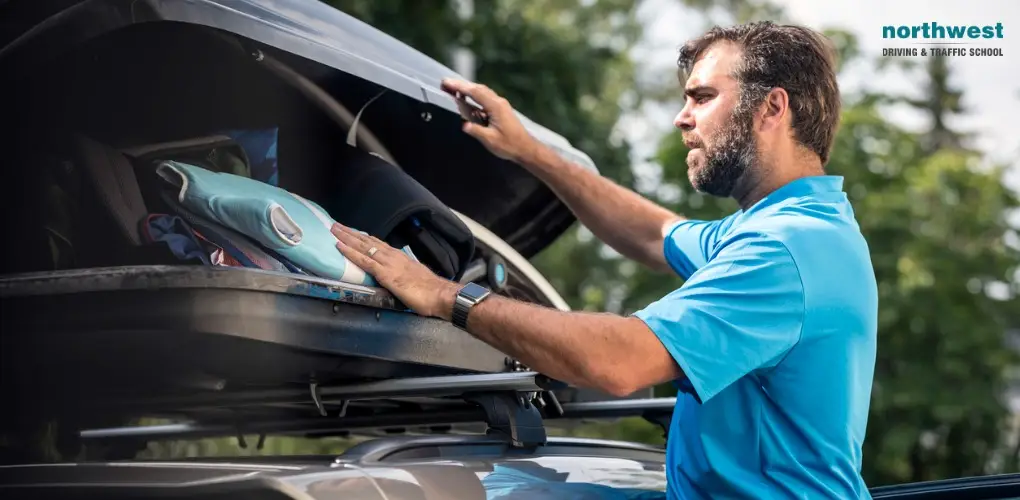- Others
How To Safely Use A Roof Rack?

Sometimes a car roof rack is the only way to transport bulky items particularly. If you own a kayak or a couple of bikes and want to head out into the wilderness for a few days, they just aren’t going to fit into your back seat. That’s where your roof rack comes in.
There are downsides, however. At best, a badly fitted roof rack will see your precious cargo getting dumped out on the road at the worst possible moment, and at worst, your badly fitted rack could represent a material danger to other road users.
To help you and everything you need to carry get from point A to point B safely, here is our simple guide to roof-rack success:
● Firstly, before you head out to buy a roof rack, look at your car’s trunk. There may be items in there that you can take out or store in your garage before attaching your roof rack. If you can create additional space, then it is your best idea to do so. If you can fit everything in the trunk, then you won’t need to worry about the roof rack.
● At the same time, don’t overload your trunk. If you start cramming things in there, you might be left with a situation where your luggage blocks your view from the rear-view mirror. This is both illegal and a situation to avoid at all costs!
● If you need to make use of a roof rack, weigh everything you want to load onto it before you start loading it up. Your car will have a maximum permitted roof load, which will be listed in your vehicle handbook. Going over that weight will damage your car. Remember to add the weight of the roof rack to your calculations.
● Store particularly heavy items in your car rather than on top of it, but remember, your vehicle will also have a maximum permitted axle weight listed in your vehicle handbook/
● Always read the instructions before you fit a new roof rack. A badly fitted, badly secured roof rack is likely to damage your car and may come loose while you’re driving, possibly causing an accident.
● Always make the time to inspect your roof rack before use. If your roof rack has been out in all weather, it may, over time, get rusty. To prevent this from happening, try to store it indoors. If that isn’t possible, carefully check it before use and liberally apply oil to the mounts before you set off and store it away.
● If you are trying to load something bulky, like a bike or a kayak, onto your roof rack, it is always best to find someone to give you a hand. If you don’t, you may end up hurting yourself or damaging your car.
● Always follow the instructions in the manual that came with your roof rack and ensure that everything is as securely attached as possible before you set off. This is particularly important if you carry large, bulky items like canoes or kayaks. Large flat items can be lifted by the airstream over your car when traveling at speed, potentially pulling away from the rack or affecting how your car handles. Make sure to attach bulky items to your car’s front and back to ensure they are entirely safe.
● If you’re planning to travel a significant distance, remember to stop regularly to check that all your ropes, fixings and ties are still in place. Make it part of your driving routine, and you’ll never have to worry about a tie coming loose again.
● Make sure that your vehicle’s tires are inflated to the correct pressure for the load your vehicle is carrying. You can find details of the ‘laden weight’ tire pressures in your vehicle handbook. Remember that the extra weight attached to your car will take you a bit longer to slow down, so you’ll need to keep a safer distance between your vehicle and the one in front.
Start Driving Today!
The Northwest Driving School provides the Las Vegas community with live driving and traffic classes taught by seasoned instructors. Call us at (702) 403-1592 to start your driving adventure with one of our expert instructors.


